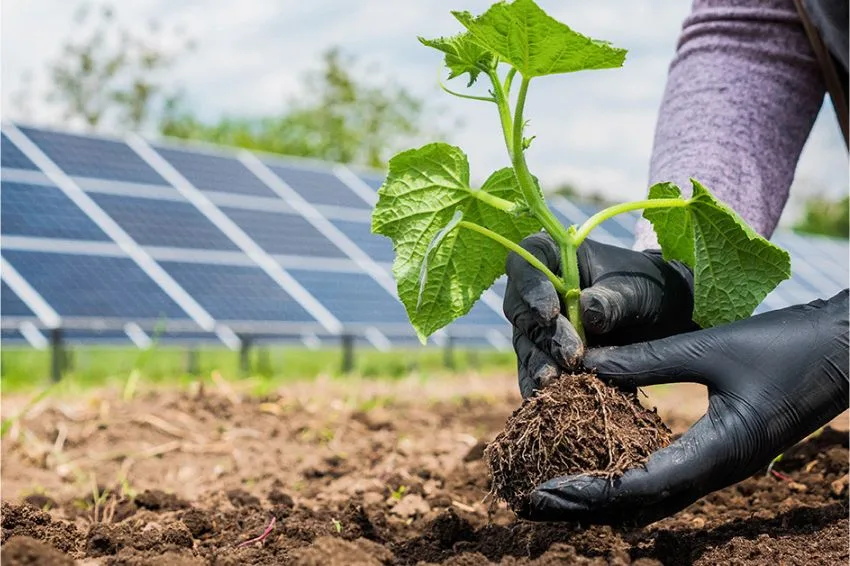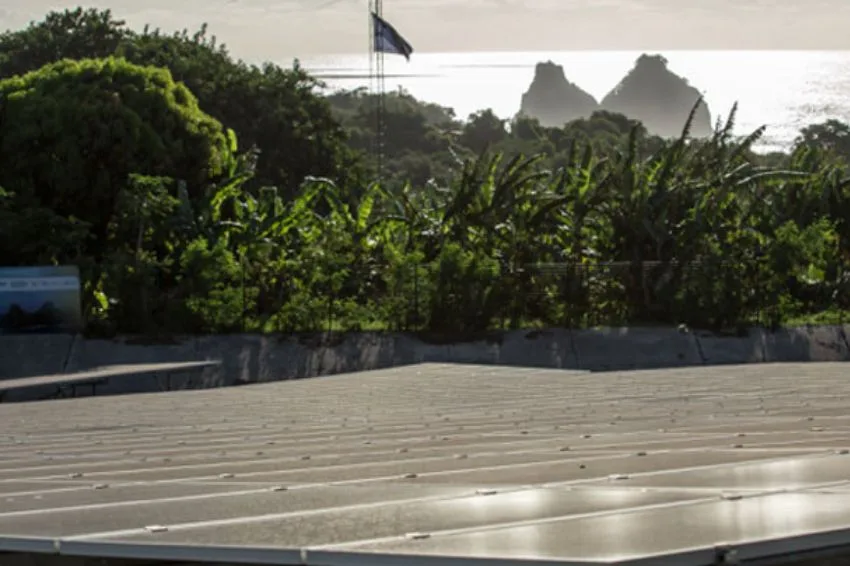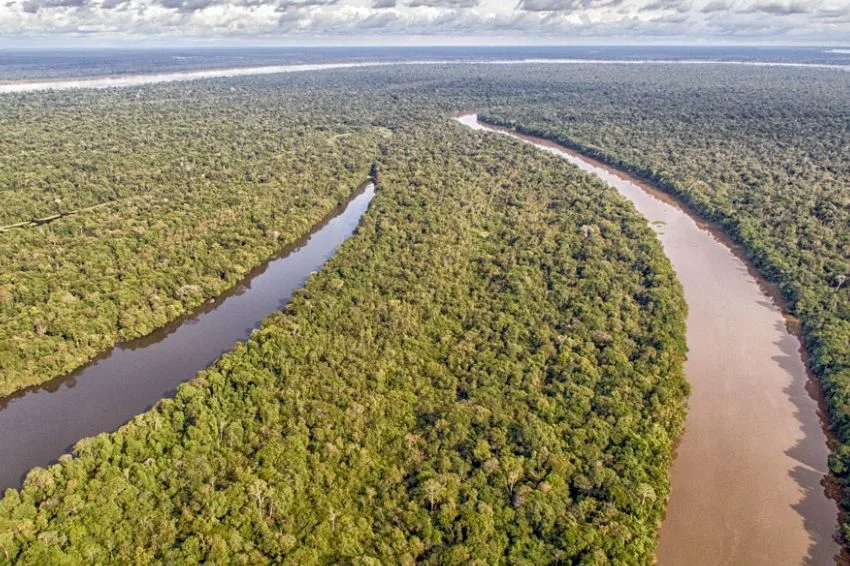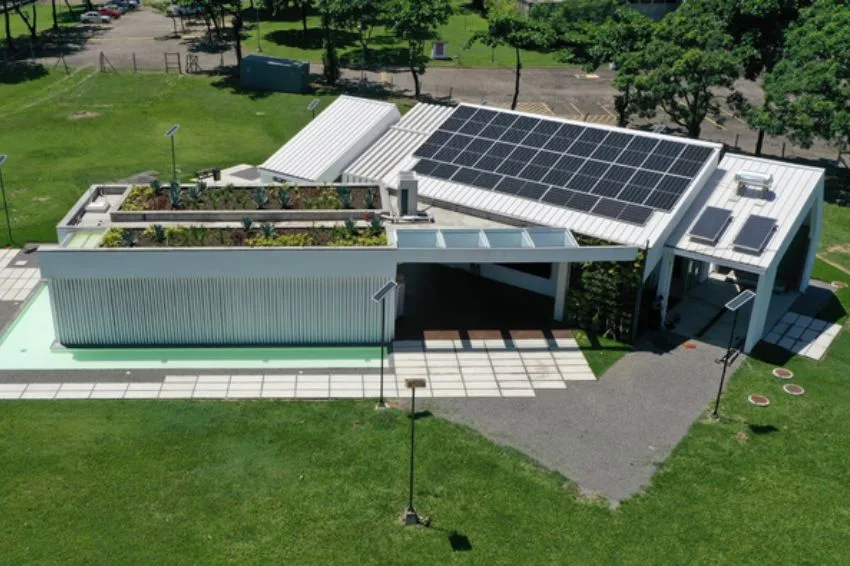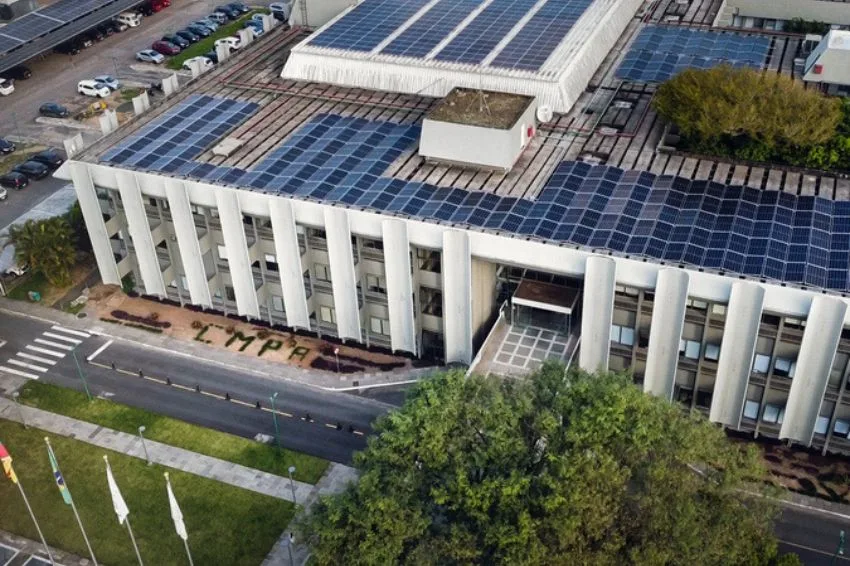A term to leverage investments linked to the ecological transition, such as low-carbon agriculture, reforestation and climate resilience, was signed last Monday (26), by the presidents of B.C. (Central Bank) and the IDB (Inter-American Development Bank), during the Brazilian Climate Finance Forum, a G20 meeting, in São Paulo.
The document signed by presidents Roberto de Campos Neto (BC) and Ilan Goldfajn (IDB) will leverage the value of US$3.4 billion in derivative contracts and will be passed on by the BC to Brazilian financial institutions.
Derivatives are contracts used to reduce risks in financial operations, being linked to assets such as commodities, foreign currency or interest rates. In addition to this amount, there is an amount of US$2 billion allocated to credit lines for companies operating in the area.
“The idea is to support the development, liquidity and efficiency of the foreign currency protection market in the country. Acquiring derivatives on the foreign market and passing them on to local financial institutions”, said the president of the IDB.
Campos Neto stated the importance of this type of support to guarantee the transfer of technology, which has made the Brazilian economy more sustainable. He also emphasized that the Central Bank will not assume risks in operations, it will only be an intermediary between international institutions and the Brazilian market.
“Infrastructure projects, especially those focused on sustainability, often require significant capital investments, often in foreign currency due to the need to import this technology. The cost of the hedge mechanism can make these investments more expensive and risky than initially thought, discouraging private financing or delaying projects crucial to the urgent ecological transition,” stated the BC president.
The Minister of Environment and Climate Change, Marina Silva, highlighted the importance of the technology offered by the largest economies in the world, but also emphasized that they are the holders of 85% of global GDP, but on the other hand they account for more than 80% of emissions of greenhouse gases. Therefore, the twenty largest economies in the world need to contain the effects of climate change.
With information from Agência Brasil
All content on Canal Solar is protected by copyright law, and partial or total reproduction of this site in any medium is expressly prohibited. If you are interested in collaborating or reusing some of our material, we ask that you contact us via email: [email protected].


